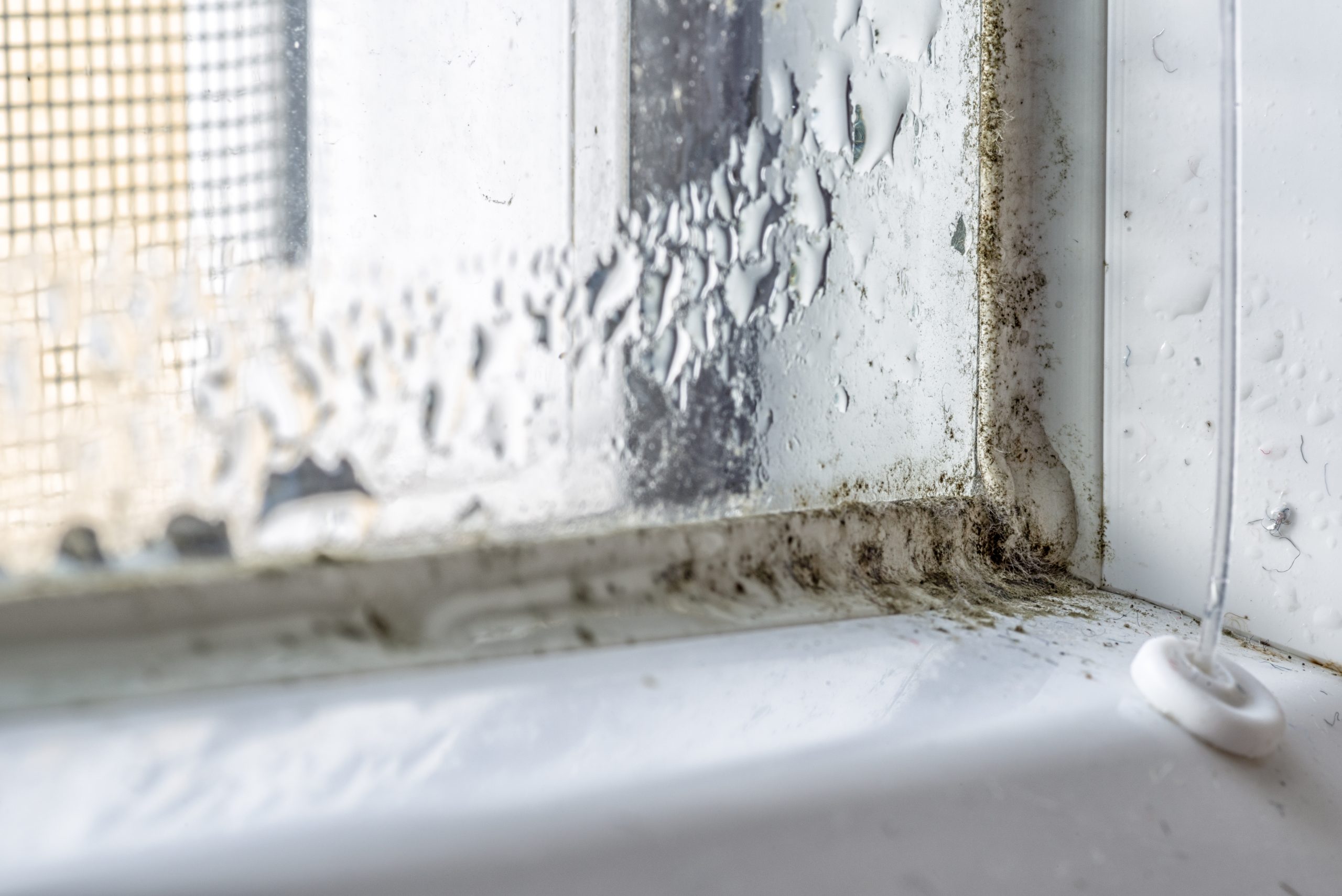Are you tired of constantly dealing with mold and mildew buildup in your home? Look no further, because the solution might just lie in installing impact windows and doors. These sturdy and durable windows and doors not only protect your home from strong winds and debris, but they also act as a barrier against moisture and humidity which are the primary culprits behind mold and mildew growth. So say goodbye to the recurring nightmare of mold and mildew, and say hello to a healthier, cleaner living space with impact windows and doors.
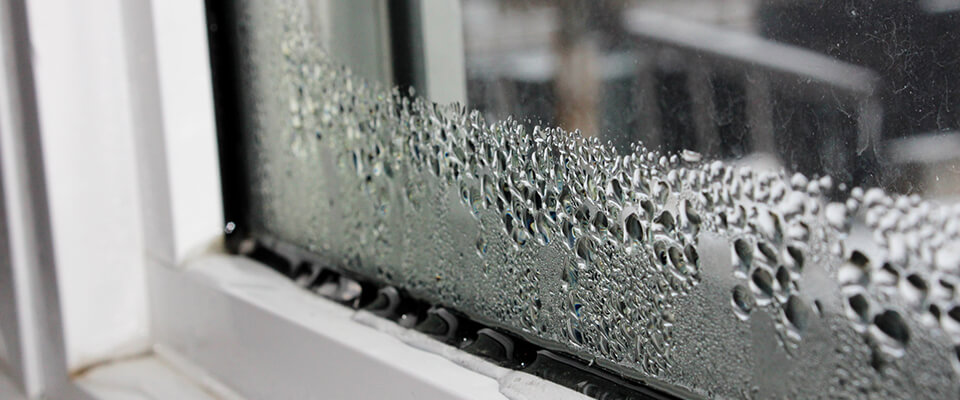
This image is property of www.axa.ie.
How Mold and Mildew Form
Moisture and Humidity Levels
Mold and mildew thrive in environments with high moisture levels. When there is excess moisture in the air, it creates the perfect conditions for mold and mildew to grow and spread. Moisture can come from various sources, such as humidity, leaks, condensation, or water intrusion. If the moisture is not properly controlled and managed, it can lead to the formation of mold and mildew.
Lack of Ventilation
Proper ventilation is crucial in preventing mold and mildew growth. When there is inadequate ventilation, air circulation becomes limited, and stagnant air traps moisture. This trapped moisture can then provide the ideal environment for mold and mildew to flourish. Without sufficient ventilation, areas such as bathrooms, kitchens, and basements become susceptible to mold and mildew formation.
Organic Materials
Mold and mildew require organic materials to grow and feed on. These organic materials can include wood, fabric, paper, or even dust particles. When there is an abundance of organic materials and moisture present, mold and mildew spores can settle on these surfaces and begin to grow. This is why it is essential to not only control moisture levels but also to minimize the presence of organic materials in susceptible areas to prevent mold and mildew formation.
Understanding Impact Windows and Doors
What are Impact Windows and Doors?
Impact windows and doors are specially designed to withstand the impact of strong winds, hurricanes, and other extreme weather conditions. They are built with multiple layers of glass and a strong frame to provide exceptional strength and protection. While their primary purpose is to safeguard homes and buildings from severe weather, they can also play a role in preventing mold and mildew buildup.
How Do Impact Windows and Doors Work?
Impact windows and doors work by creating a barrier between the interior and exterior environments. They are engineered to be highly resistant to the infiltration of water and air. This means that they create a tight seal, preventing moisture from entering the building. By minimizing the entry of moisture, impact windows and doors can help reduce the conditions that are conducive to mold and mildew growth.
Benefits of Impact Windows and Doors
Apart from their primary function of protecting against extreme weather, impact windows and doors offer several other benefits. One of these benefits is their ability to aid in mold and mildew prevention. By strengthening the overall integrity and sealing of a building, they can significantly reduce the risk of moisture infiltration, which is crucial in controlling mold and mildew growth. Additionally, impact windows and doors also provide energy efficiency, noise reduction, and increased security.
Preventing Mold and Mildew with Impact Windows and Doors
Enhanced Sealing
One of the key ways in which impact windows and doors help prevent mold and mildew is through their enhanced sealing capabilities. The tight seal created by these windows and doors significantly reduces the chances of water or moisture seeping into the building. By keeping moisture out, the conditions that are necessary for mold and mildew to grow are minimized.
Reduced Condensation
Condensation occurs when warm, moist air comes into contact with a cooler surface, causing the moisture in the air to condense into water droplets. Impact windows and doors, with their improved insulation properties, can reduce condensation by maintaining a consistent temperature on both sides of the glass. This reduction in condensation helps prevent the accumulation of moisture, inhibiting mold and mildew growth.
Improved Insulation
Impact windows and doors provide better insulation than traditional windows and doors. The multi-layered glass and high-quality frames help to minimize heat transfer, keeping the interior of the building more stable and comfortable. By maintaining a stable indoor environment, impact windows and doors can help prevent excessive humidity, which is a major contributing factor to mold and mildew growth.
Moisture Control
Effective Water Drainage
Having proper water drainage systems in place is essential in preventing mold and mildew formation. Impact windows and doors are designed with built-in drainage channels that effectively redirect water away from the building during heavy rain or storms. By preventing water from pooling and accumulating, impact windows and doors help minimize the chances of water intrusion and subsequent mold and mildew growth.
Preventing Water Intrusion
Water intrusion can occur through gaps, leaks, or cracks between windows and doors and their frames. Impact windows and doors are specifically engineered to provide a tight seal and prevent water intrusion. With their robust construction and precise installation, these windows and doors significantly reduce the risk of water infiltration, ultimately minimizing the likelihood of mold and mildew buildup.
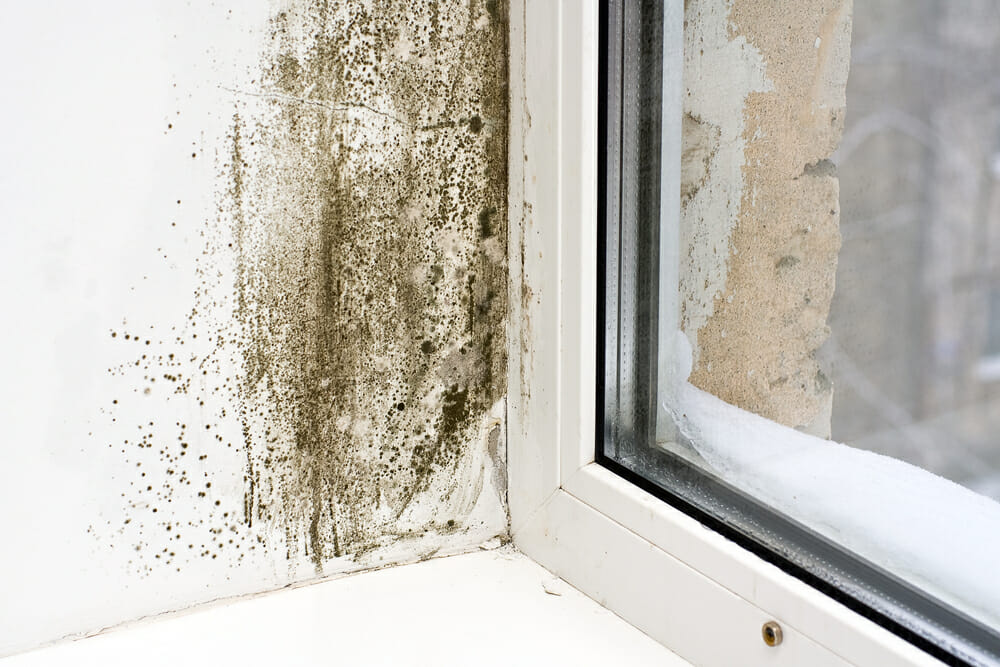
This image is property of modernize.com.
Ventilation and Air Circulation
Mechanical Ventilation Systems
While impact windows and doors can help create a sealed environment, it is still essential to have proper ventilation and air circulation. Mechanical ventilation systems, such as exhaust fans and ventilation shafts, can help remove excess moisture and maintain fresh air flow within the building. These systems work in conjunction with impact windows and doors to create a well-ventilated space that discourages mold and mildew growth.
Natural Ventilation Techniques
In addition to mechanical ventilation systems, natural ventilation techniques can also play a role in preventing mold and mildew. Opening windows and doors to allow fresh air to enter and circulate throughout the building can help reduce humidity levels and promote a healthier indoor environment. By combining the benefits of impact windows and doors with natural ventilation, you can further enhance the prevention of mold and mildew buildup.
Material Considerations
Anti-Microbial Agents
Choosing construction materials that have anti-microbial properties can provide an additional layer of defense against mold and mildew. Some impact windows and doors are manufactured with specialized coatings or additives that inhibit the growth of mold and mildew on their surfaces. These anti-microbial agents can help mitigate the risk of mold and mildew formation, even in areas where moisture may be present.
Moisture-Resistant Materials
When selecting impact windows and doors, it is essential to choose materials that are moisture-resistant. Opting for materials such as vinyl, fiberglass, or aluminum can greatly reduce the likelihood of water damage and mold and mildew growth. These materials are known to be highly durable and less prone to rot or decay, making them excellent choices for moisture-prone areas.
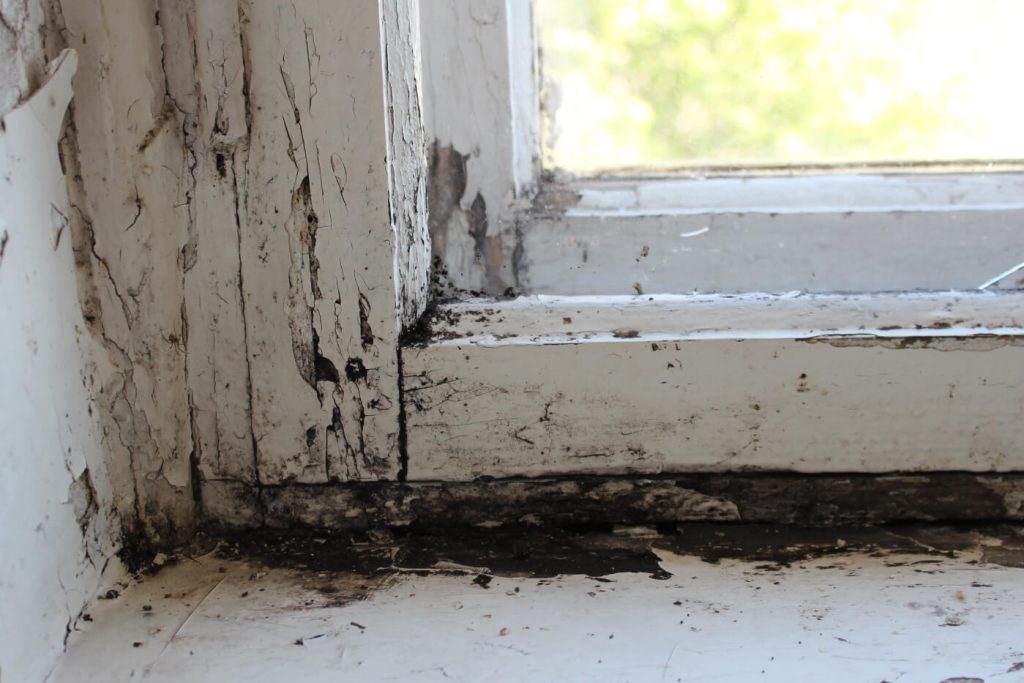
This image is property of scottjameswindows.co.uk.
Maintenance and Cleaning Tips
Regular Inspection and Cleaning
Regularly inspecting and cleaning your impact windows and doors is crucial in preventing mold and mildew buildup. Routinely check for any signs of damage or deterioration, such as cracks or gaps, that may compromise the performance of the windows and doors. Regular cleaning should include removing dirt, debris, and any organic matter that may have accumulated on the surfaces, as these can provide a breeding ground for mold and mildew.
Proper Handling of Moisture
Even with impact windows and doors, you should still be mindful of how you handle moisture within your home. Wipe off any excess moisture or condensation that may accumulate on the windows and doors, especially during periods of high humidity. It is also important to promptly address and repair any leaks or water intrusion issues to prevent moisture from seeping into the building and potentially causing mold and mildew growth.
Use of Mold-Resistant Cleaning Products
When cleaning your impact windows and doors, consider using mold-resistant cleaning products. These products are specifically formulated to kill and prevent the growth of mold and mildew. They can help remove any existing mold or mildew spores on the surfaces of the windows and doors, further reducing the risk of future mold and mildew buildup.
Professional Installation
Importance of Expert Installation
Proper installation of impact windows and doors is crucial to their effectiveness in preventing mold and mildew. Because these windows and doors rely on a tight seal, it is important that they are installed correctly to ensure there are no gaps or areas of vulnerability. Hiring a professional installer who is experienced in working with impact windows and doors will ensure that they are installed properly, maximizing their effectiveness in mold and mildew prevention.
Proper Sealing and Weatherstripping
During the installation process, it is essential to pay attention to proper sealing and weatherstripping. This includes sealing any gaps or openings between the windows and doors and their frames to prevent water infiltration. Weatherstripping, such as rubber or silicone seals, should also be installed to provide an additional barrier against moisture penetration. With the correct sealing and weatherstripping techniques, the risk of mold and mildew buildup can be significantly reduced.
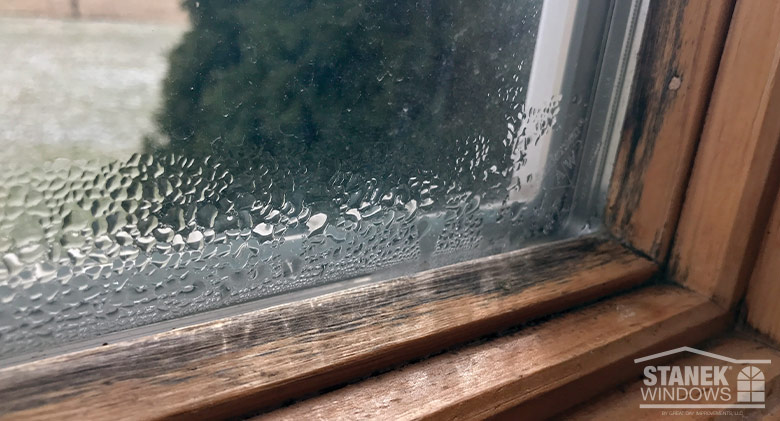
This image is property of www.stanekwindows.com.
Impact Windows and Doors: Not a Cure-All
Addressing Underlying Causes
While impact windows and doors offer significant benefits in preventing mold and mildew, it is important to address any underlying causes that contribute to moisture issues. This may include fixing leaks, improving ventilation, or addressing any structural deficiencies in the building. It is important to remember that impact windows and doors are part of a comprehensive approach to mold and mildew prevention, and they should be complemented by other moisture control measures.
Monitoring and Maintenance
Even with impact windows and doors in place, it is essential to regularly monitor and maintain your home environment. Keep an eye out for any signs of mold or mildew growth, such as musty odors or visible patches of discoloration. If any issues are detected, take immediate action to address them. Regular maintenance and monitoring will help ensure that your impact windows and doors continue to provide optimal protection against mold and mildew.
Conclusion
In conclusion, impact windows and doors play a significant role in preventing mold and mildew buildup. By minimizing moisture infiltration, providing enhanced sealing, and improving ventilation and air circulation, these windows and doors create a more resilient and mold-resistant environment. However, it is important to remember that they are not a cure-all solution. Proper maintenance, regular inspections, and addressing underlying moisture issues are also crucial in preventing mold and mildew growth. By combining the benefits of impact windows and doors with other moisture control measures, you can create a healthier and more mold-resistant living space.
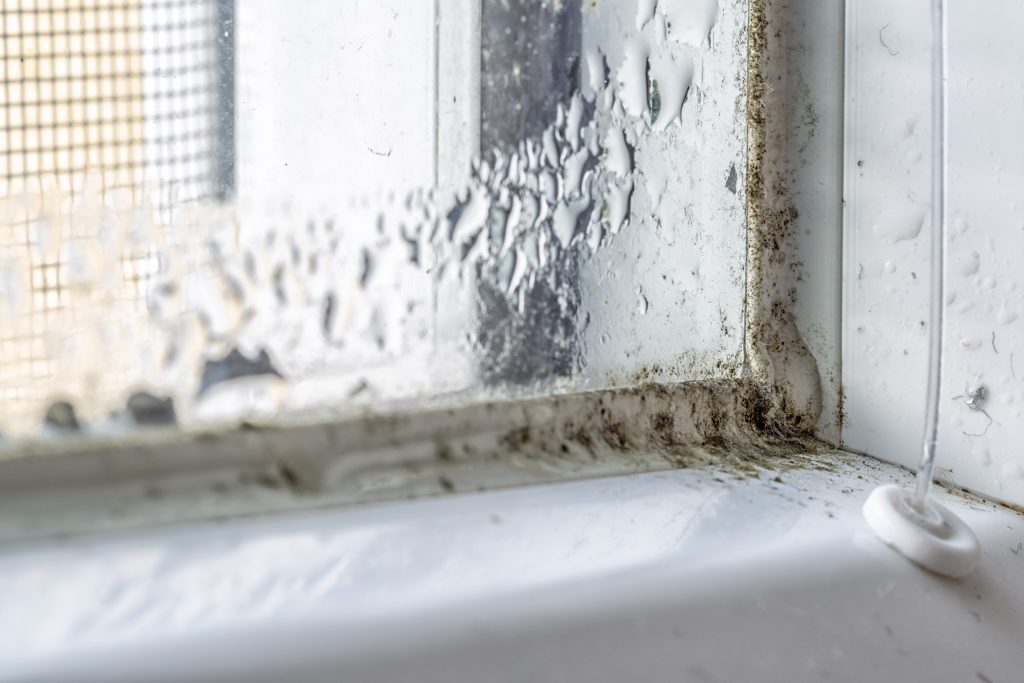
This image is property of www.fabglassandmirror.com.
